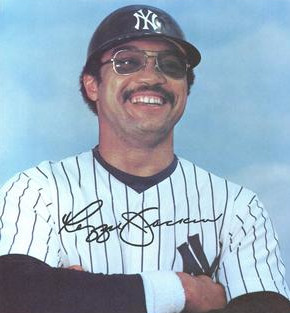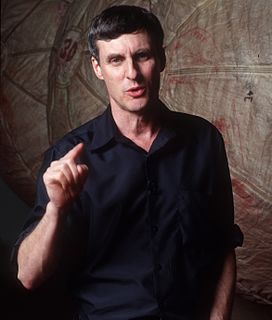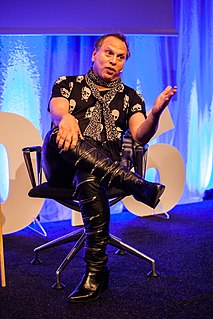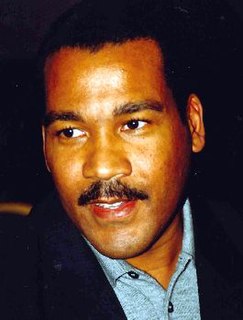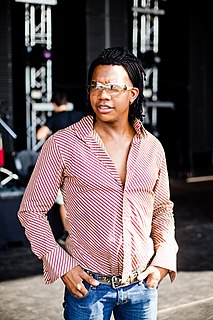A Quote by Reggie Jackson
There's a certain time that when somebody asks you a question, you answer them. I don't think I said anything with venom. If you can express yourself without anger and make it as palatable as you can, that's what you do.
Related Quotes
I have often had cause to feel that my hands are cleverer than my head. That is a crude way of characterizing the dialectics of experimentation. When it is going well, it is like a quiet conversation with Nature. One asks a question and gets an answer, then one asks the next question and gets the next answer. An experiment is a device to make Nature speak intelligibly. After that, one only has to listen.
There is nothing wrong with anger. Anger is a beautiful emotion, as valid and rich as joy or laughter. But you have been taught to repress your anger. Your anger has been condemned. If anger is unexpressed, it will slowly poison you. The key is to know how to express your anger. Do not throw it out onto any one. No one is responsible for your anger. Simply express your anger. Beat up a cushion. Go for a run. Express your anger to a tree. Dance your anger. Enjoy it.
A dialogue is very important. It is a form of communication in which question and answer continue till a question is left without an answer. Thus the question is suspended between the two persons involved in this answer and question. It is like a bud with untouched blossoms . . . If the question is left totally untouched by thought, it then has its own answer because the questioner and answerer, as persons, have disappeared. This is a form of dialogue in which investigation reaches a certain point of intensity and depth, which then has a quality that thought can never reach.
On some positions, cowardice asks the question, is it expedient? And then expedience comes along and asks the question, is it politic? Vanity asks the question, is it popular? Conscience asks the question, is it right? There comes a time when one must take the position that is neither safe nor politic nor popular, but he must do it because conscience tells him it is right.
I never buy anything unless I can fill out on a piece of paper my reasons. I may be wrong, but I would know the answer to that ...I'm paying $32 billion today for the Coca Cola Company because... If you can't answer that question, you shouldn't buy it. If you can answer that question, and you do it a few times, you'll make a lot of money.
If you ask a living teacher a question, he will probably answer you. If you are puzzled by what he says, you can save yourself the trouble of thinking by asking him what he means. If, however, you ask a book a question, you must answer it yourself. In this respect a book is like nature or the world. When you question it, it answers you only to the extent that you do the work of thinking an analysis yourself.
To be a scientist you have to be willing to live with uncertainty for a long time. Research scientists begin with a question and they take a decade or two to find an answer. Then the answer they get may not even answer the question they thought it would. You have to have a supple enough mind to be open to the possibility that the answer sometimes precedes the question itself.
